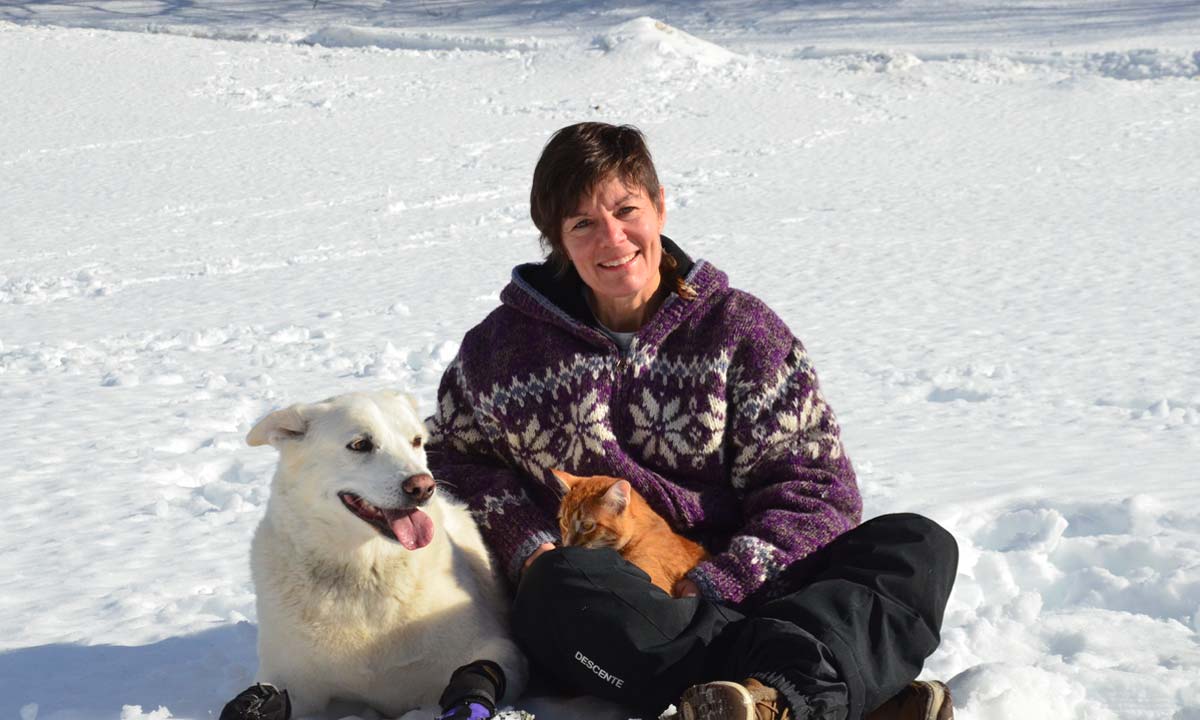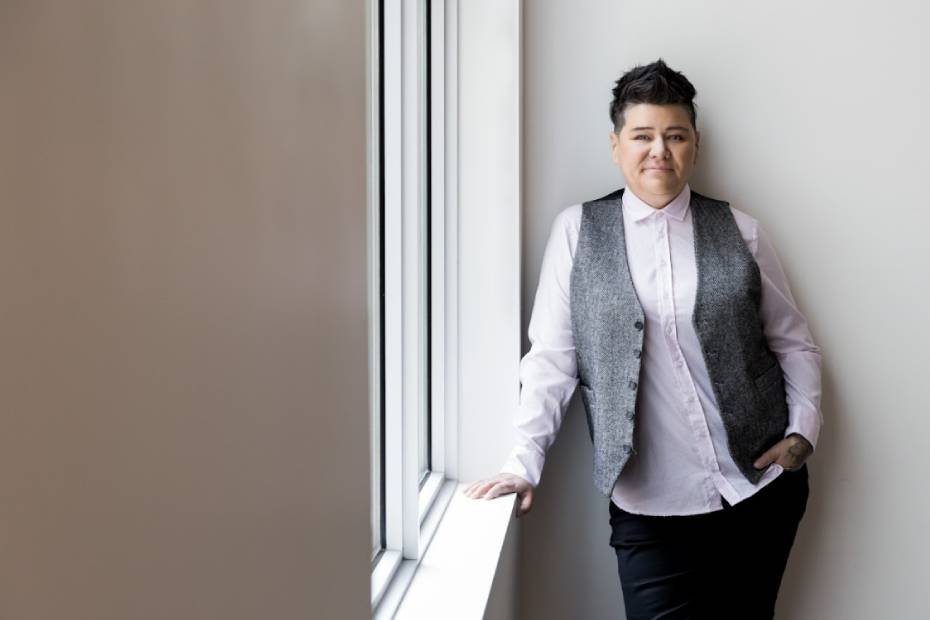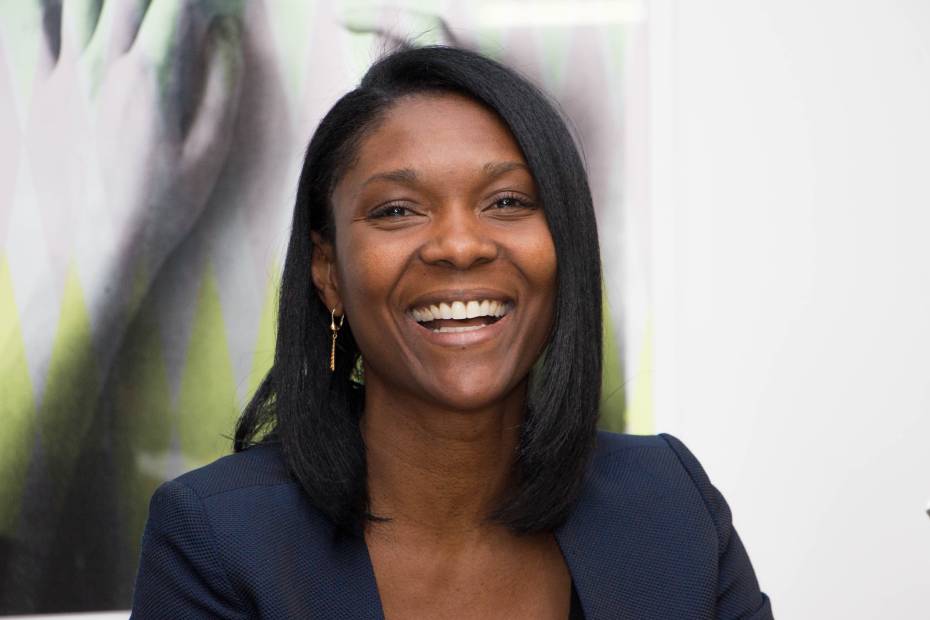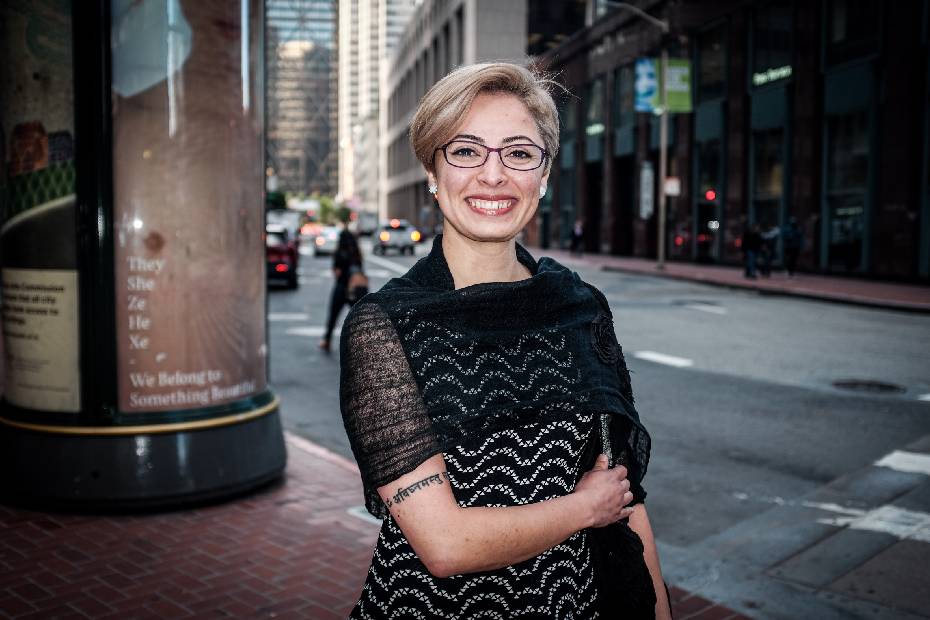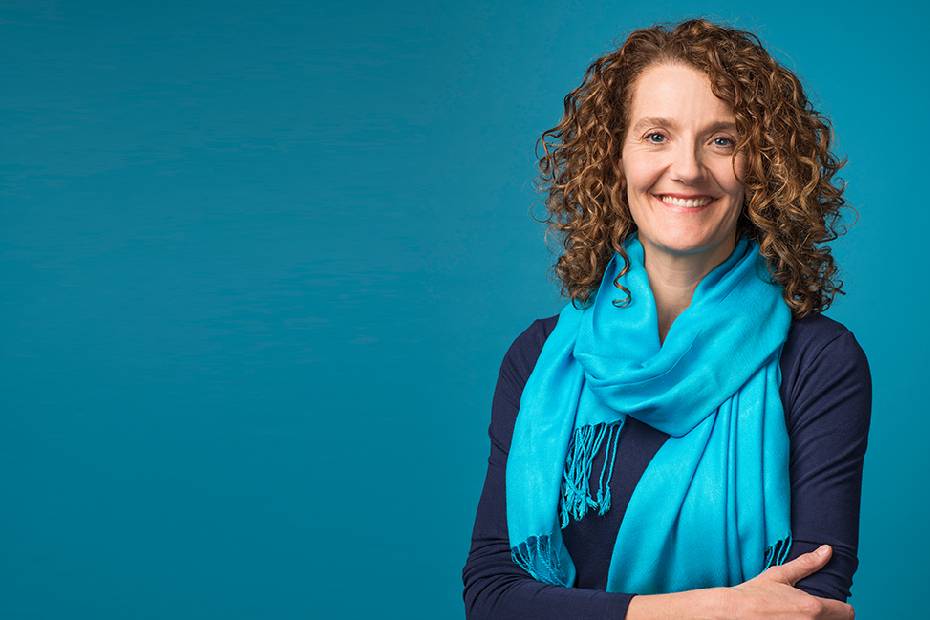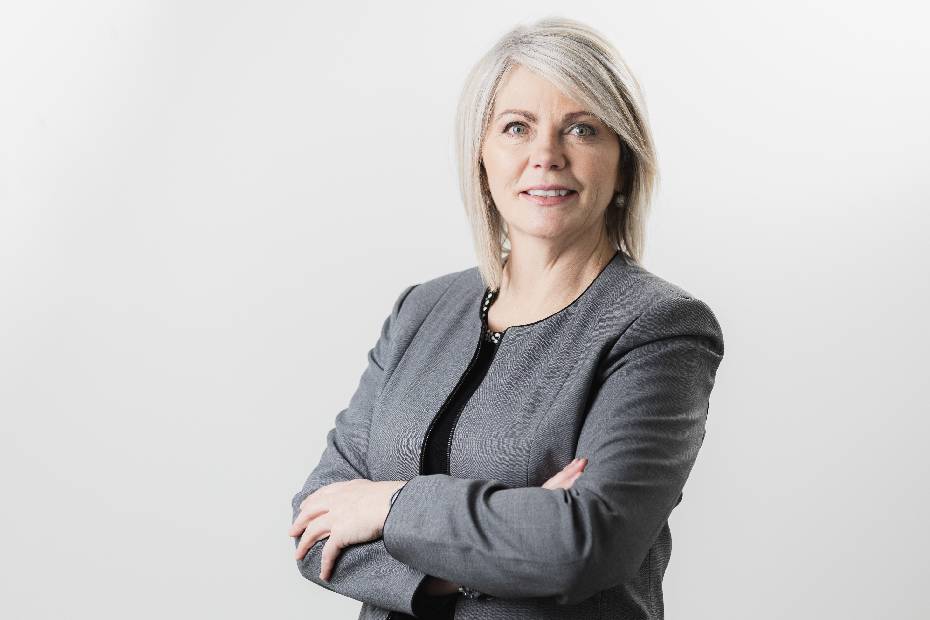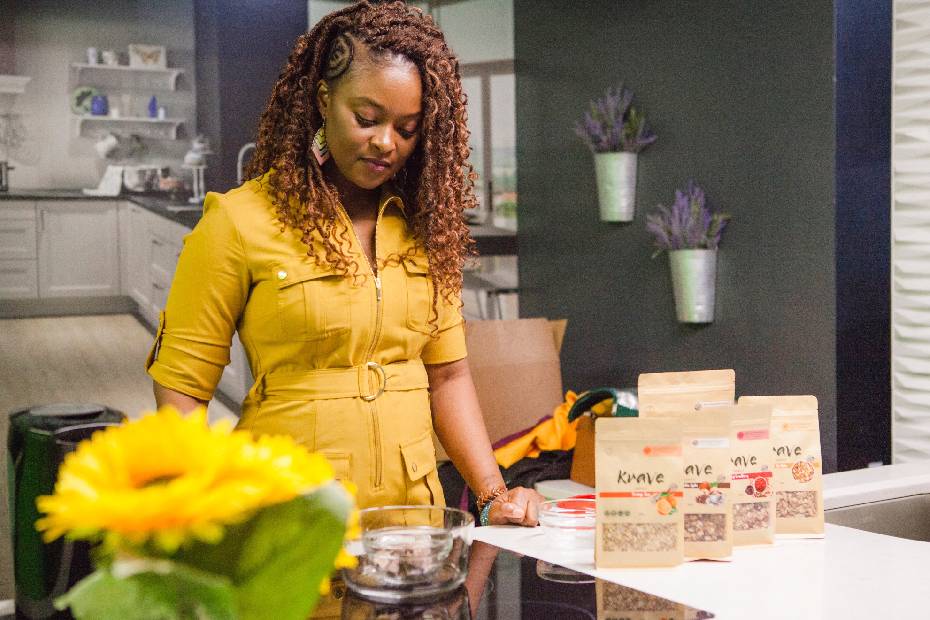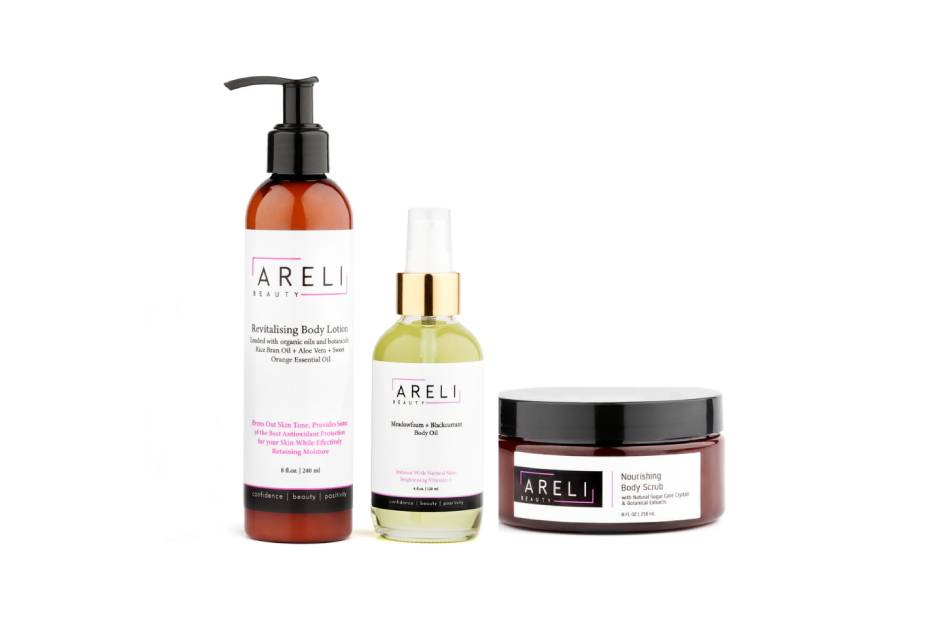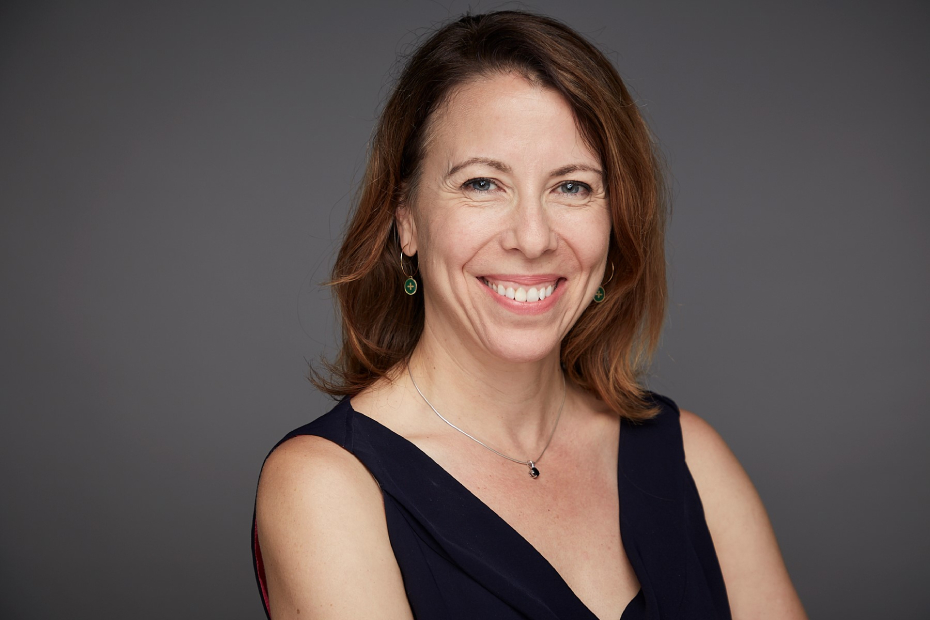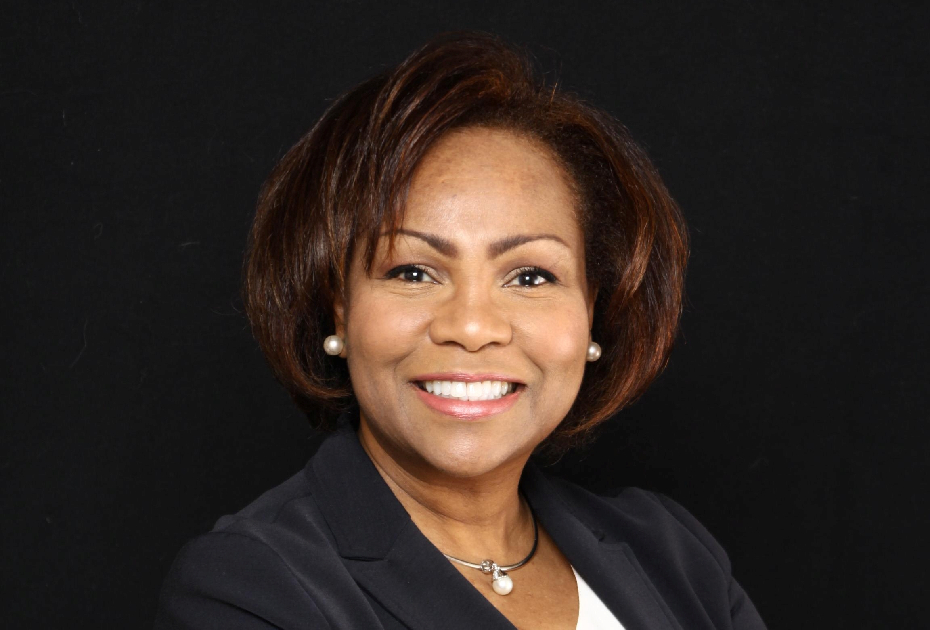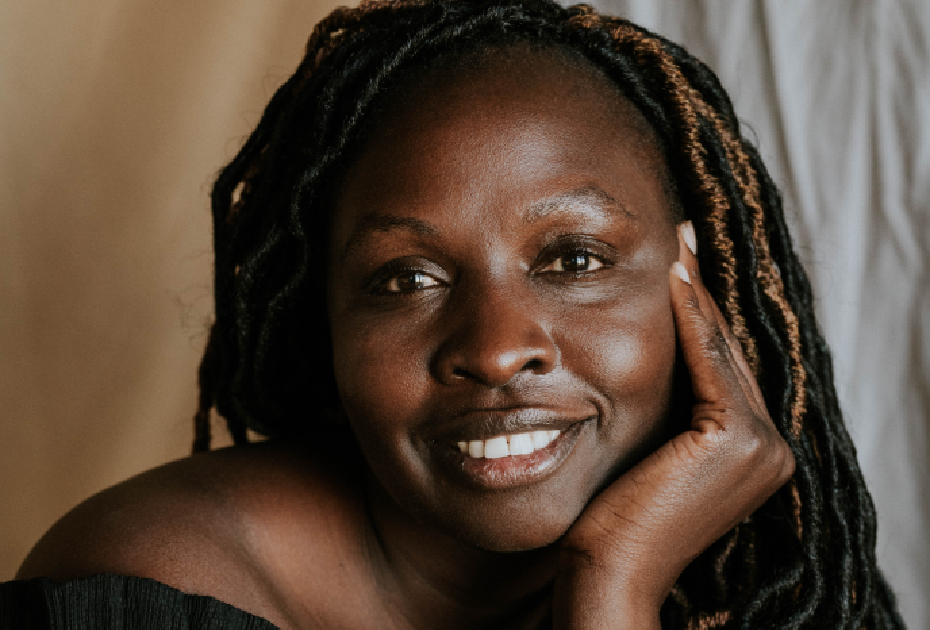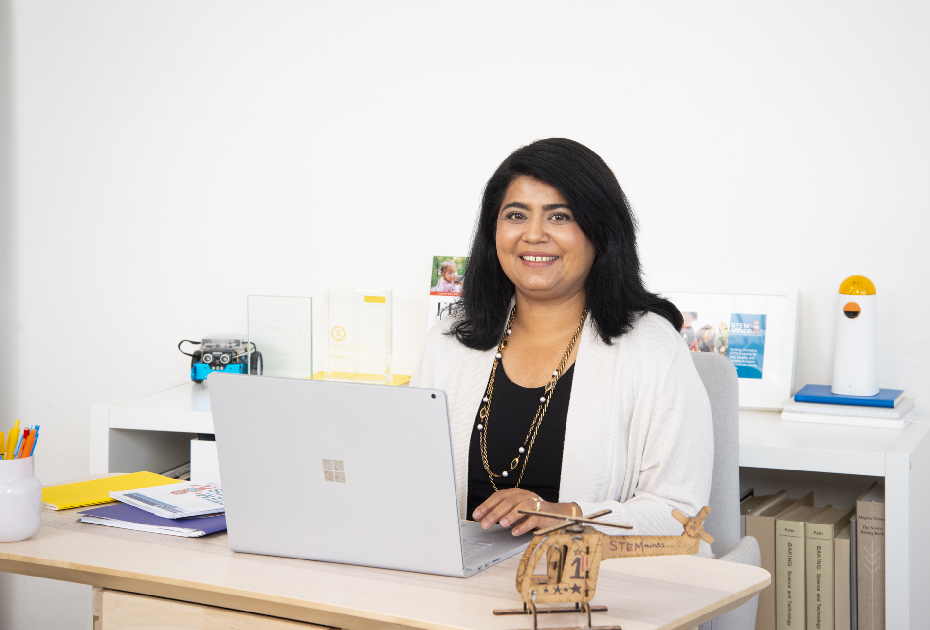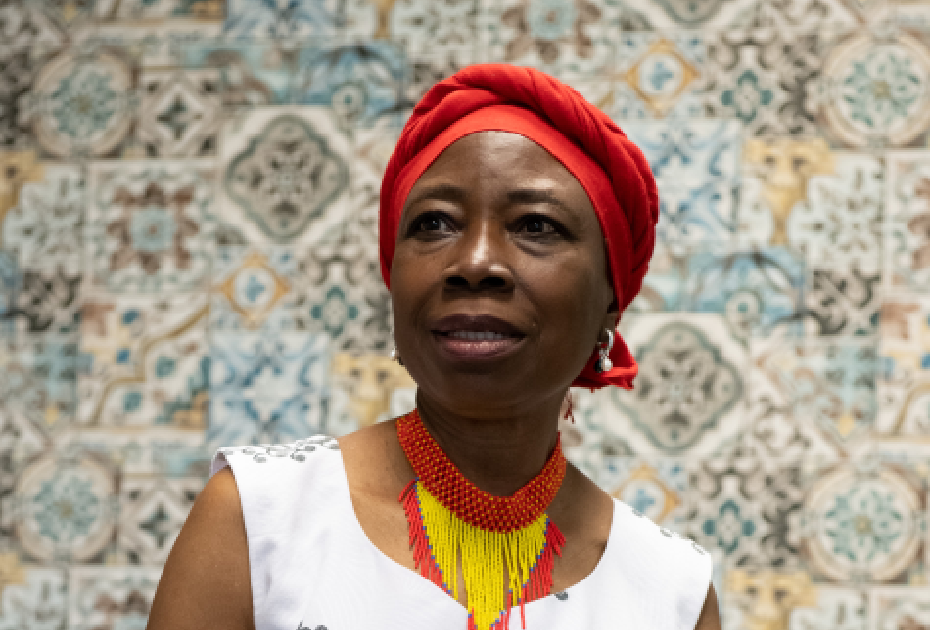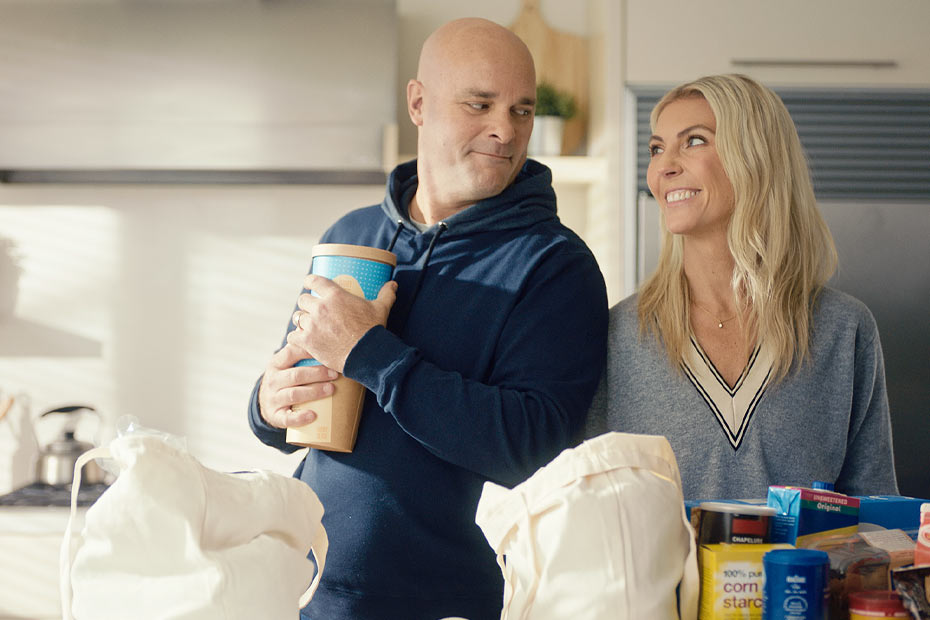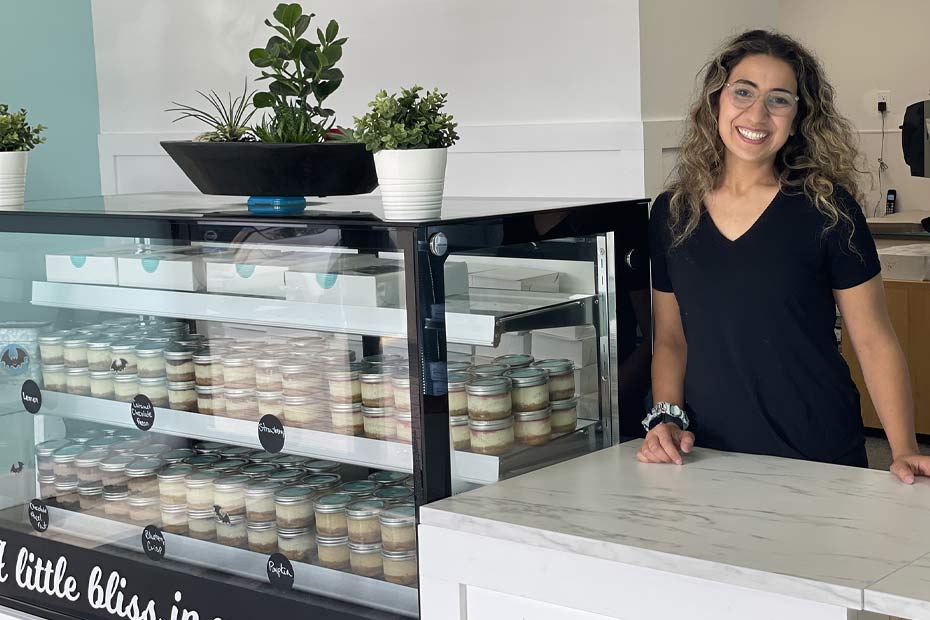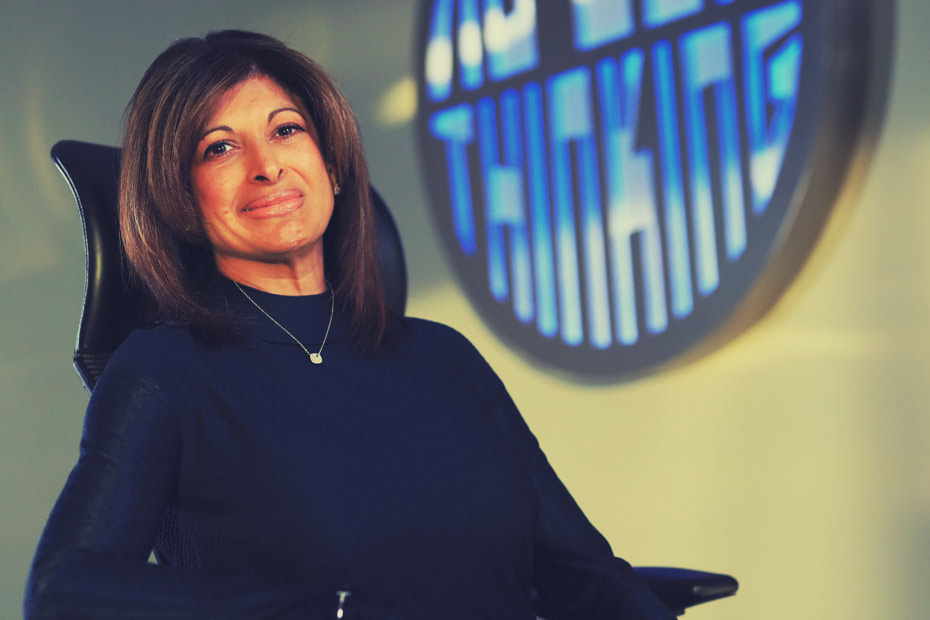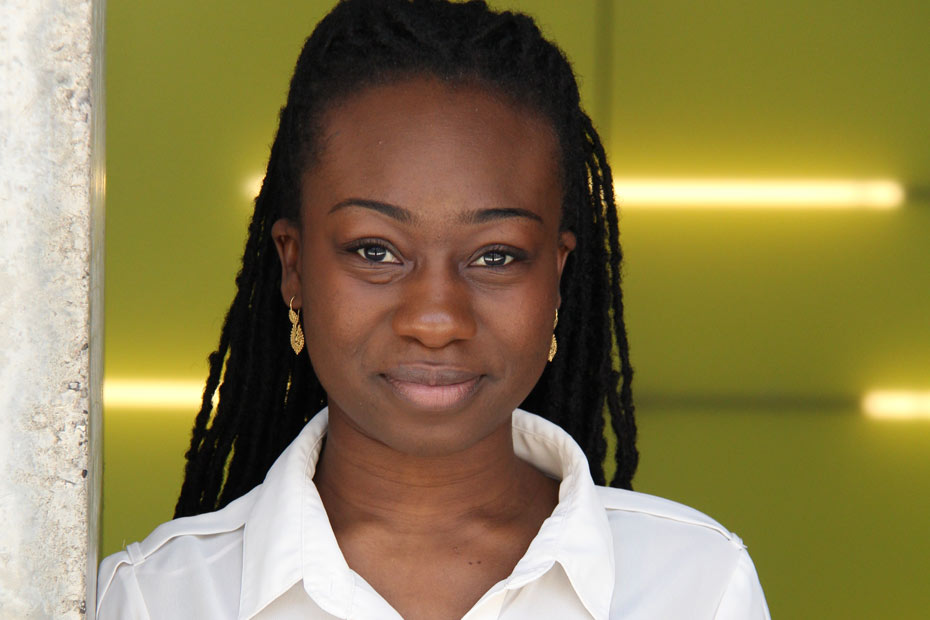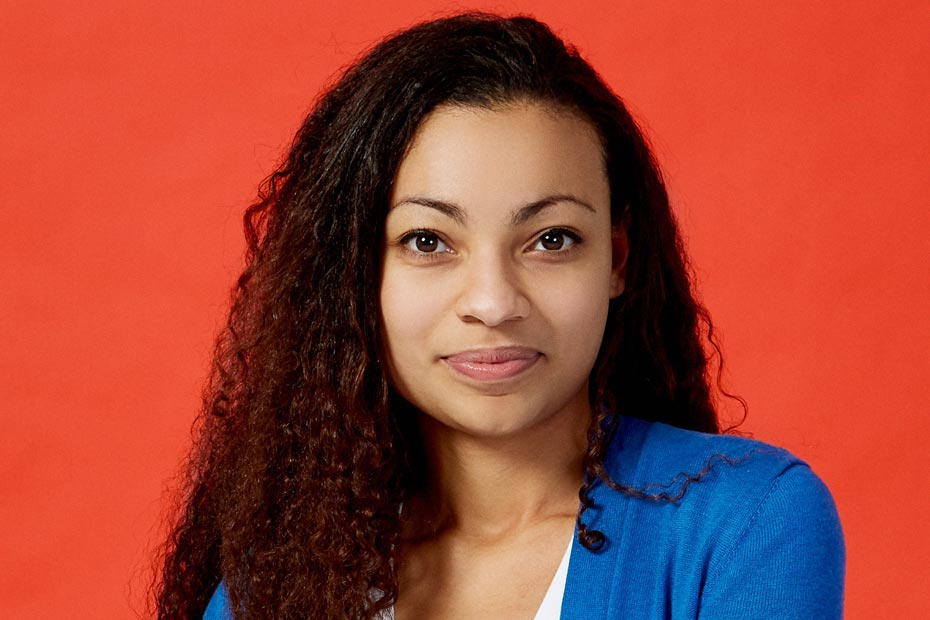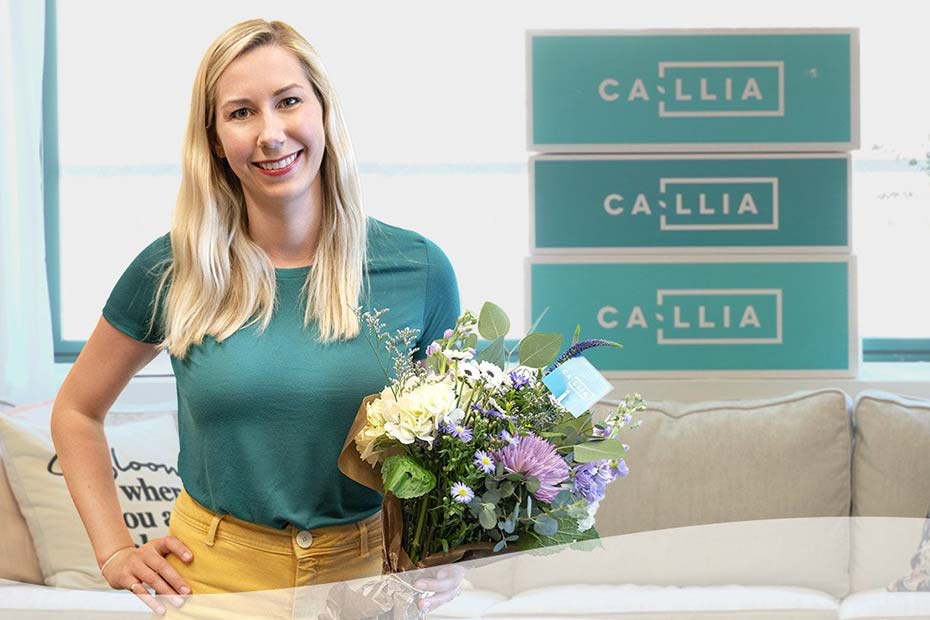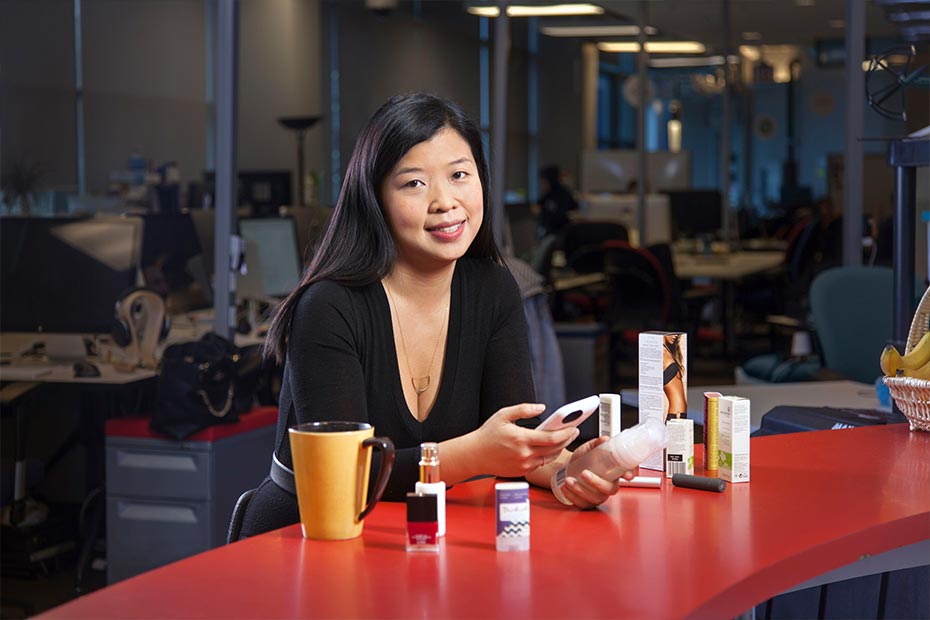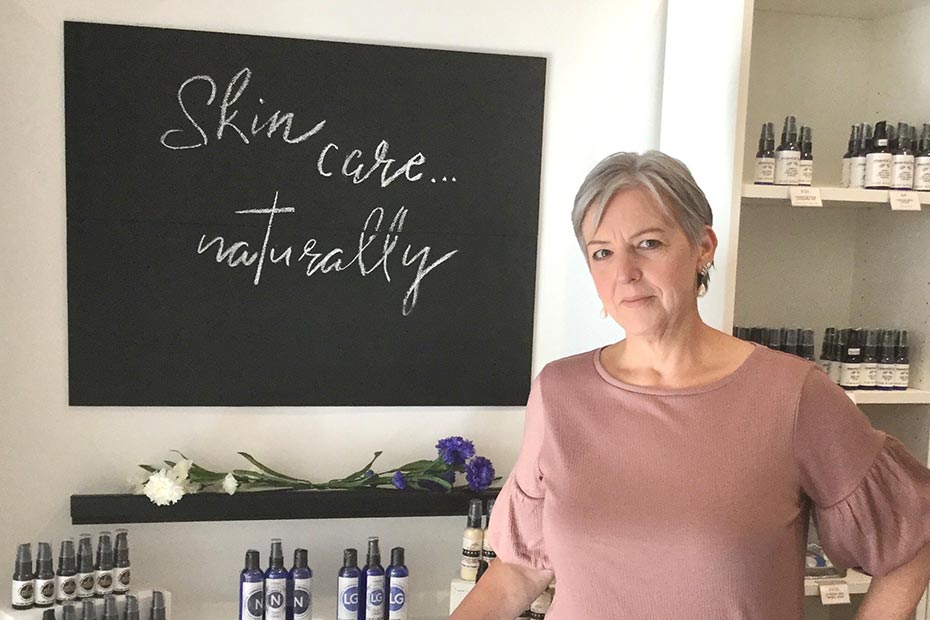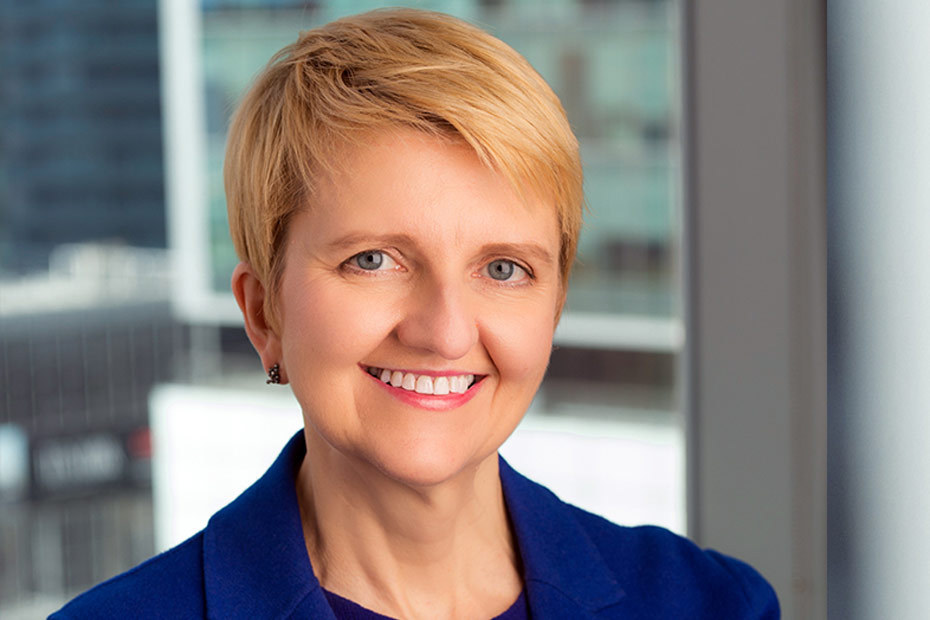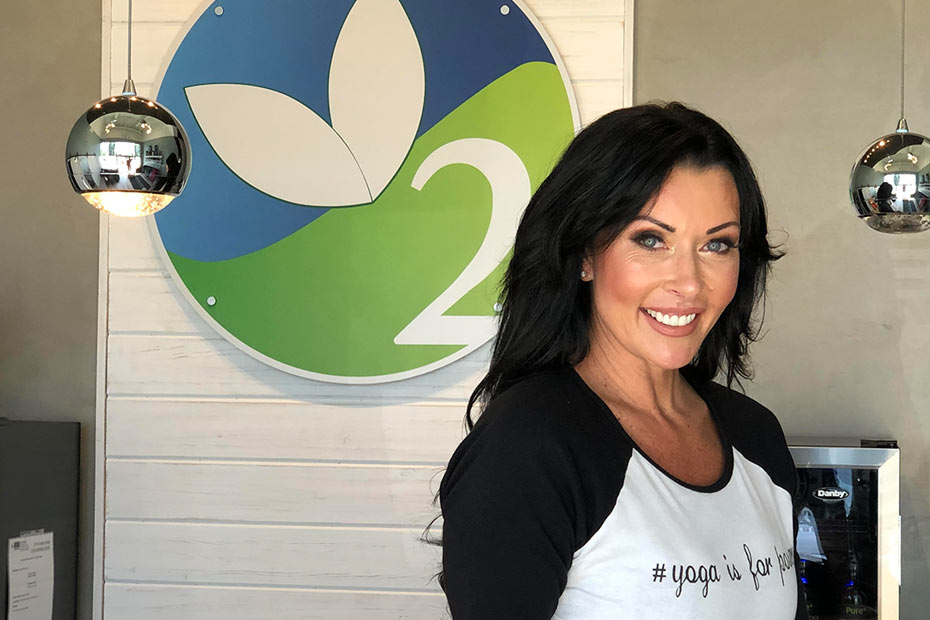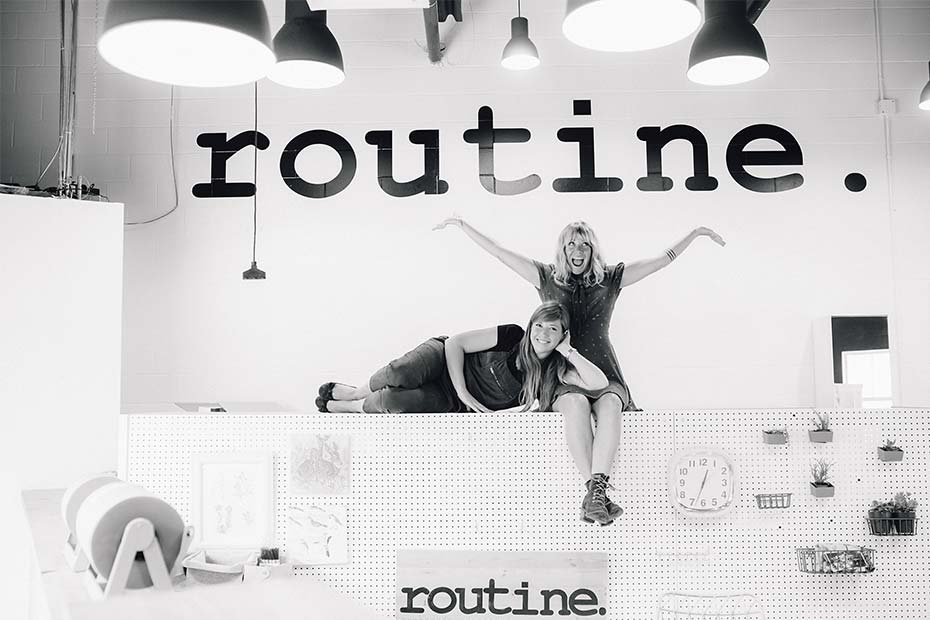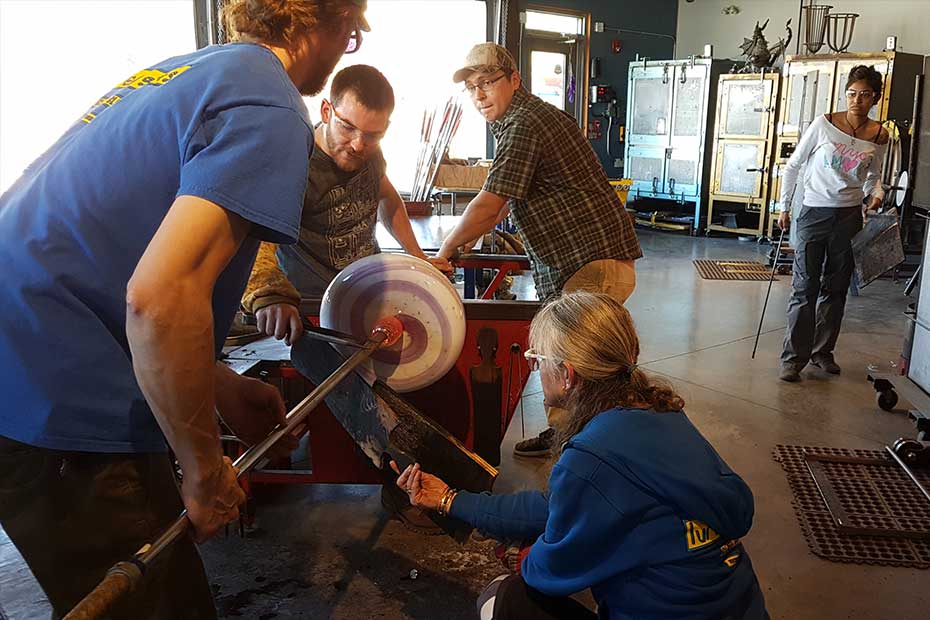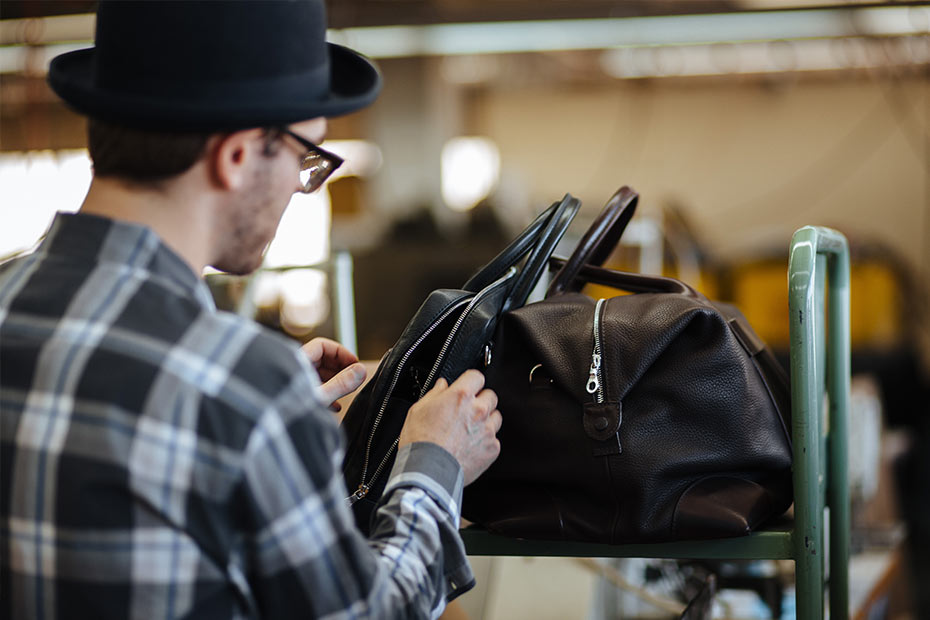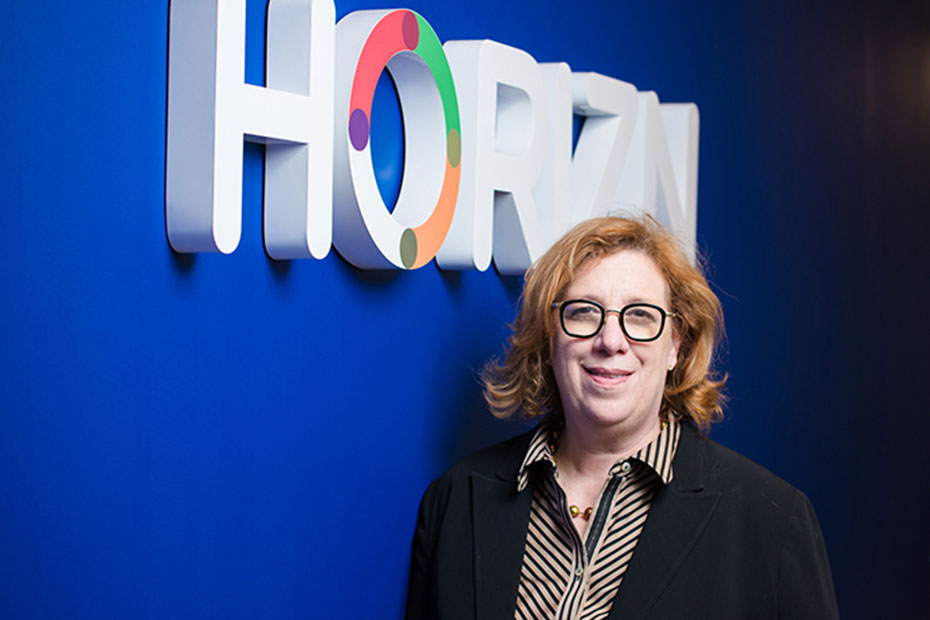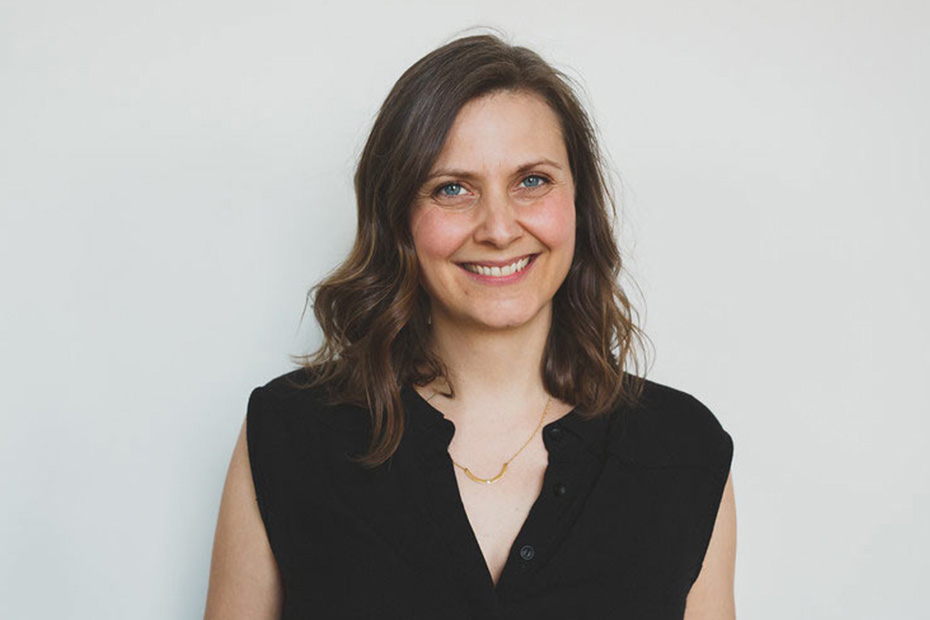In business, change is inevitable. But the COVID-19 pandemic brought about a level of change that businesses couldn’t foresee or plan for. Our #SmallBusinessRedefined series showcases small businesses that have found ways to reimagine their business through new opportunities – whether it’s through a new product, a new market, or a new way to fulfill. Learn how these Canadian businesses have pivoted to adapt, innovate and thrive in a changing and uncertain environment.
Ever wondered how successful entrepreneurs turn their dreams into reality? What drives them to push the envelope, create change, and advance their industries? Canadian small business owners share how they transformed their ideas, goals and passions into realities.
Muttluks was founded by Marianne Bertrand, who 25 years ago found herself with three dogs during a freezing winter and a serious cash crunch. Spotting a unique opportunity to fill a need (and make some money), Bertrand took a chance on an idea. Bertrand went from making fleece dog boots at her dining room table to running an iconic Made in Canada brand with a devoted following — of people and dogs alike.
Today, Bertrand’s experience dealing with the ups and downs of a seasonal business has helped her move forward through COVID-19. A booming pet industry hasn’t hurt either.
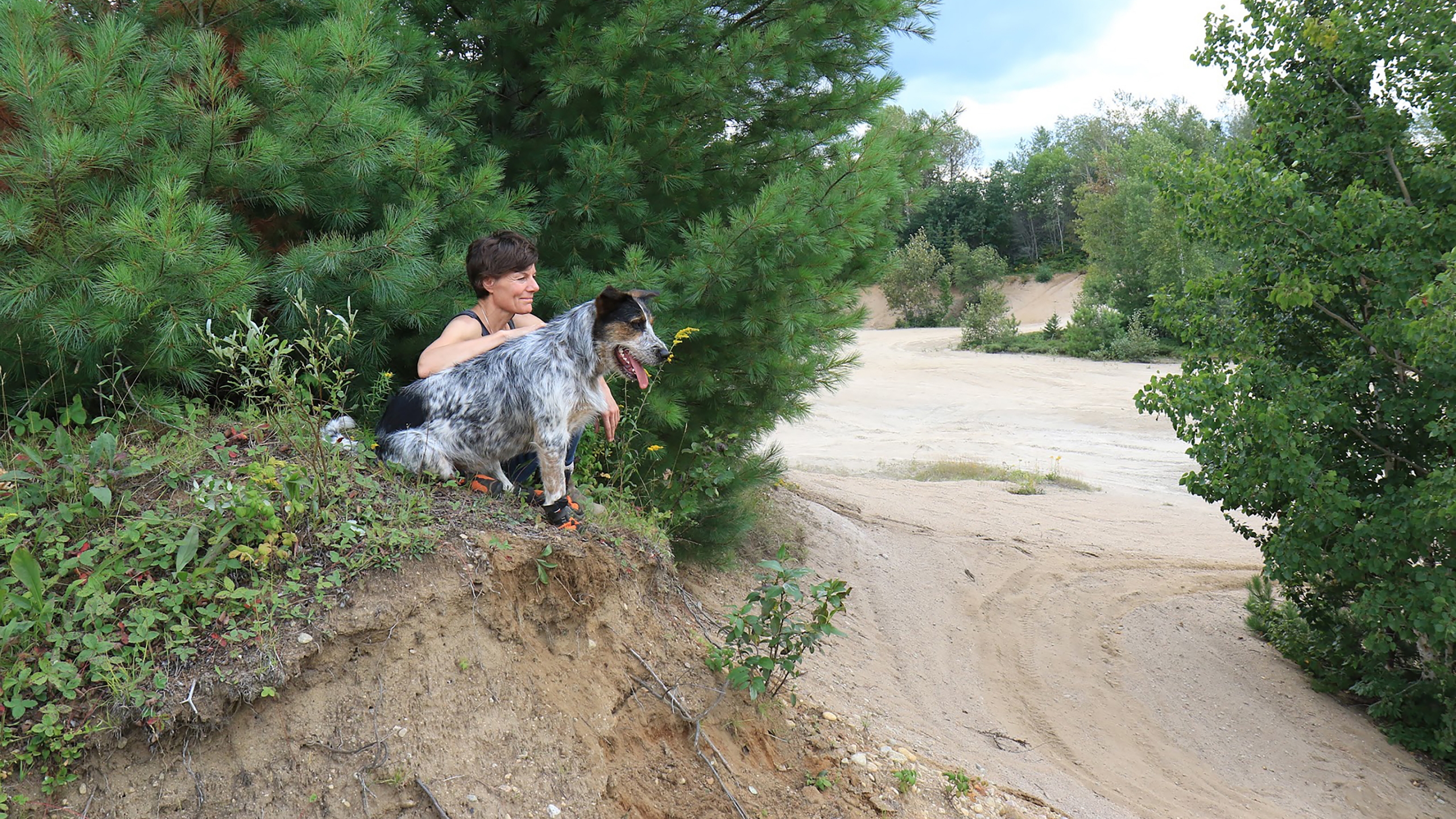
Q: A lot of businesses start out of a personal need. How did you come to make dog boots?
Bertrand: Twenty-five years ago, I was new to having dogs. I had three Basset Hounds, and it was one of the coldest winters on record — minus 32 degrees at Christmas! Someone gave me a gift of dog boots. They were a thin pair of fleece boots, and when I’d go out with my dogs the one with the boots would be happy. The other two without the boots wouldn’t want to walk.
At the same time, my husband and I were in a cash crunch with our existing business, trying to figure out how to make our next mortgage payment. When the weather report came out saying it would be freezing for the next three weeks, I knew dog boots would be a good solution.
I used most of the mortgage money we had and bought the materials I needed. I started sewing, and within two weeks I’d earned my investment back, plus $2,000.
It was really good timing. People were coming to my door asking if I sold dog boots. This was before the internet — they’d just heard that a lady in the blue house sold dog boots.
Q: What lessons can other would-be entrepreneurs take from your story?
Bertrand: When I consider new entrepreneurs, who think they don’t have enough money to start a business, I think: If I had $500 more in my account, I wouldn’t have started. If someone says they don’t have enough time, I think: If I’d had more time I wouldn’t have started. I would have had more time to solve the other challenges we had going on. Objections would have had time to surface.
Q: Your business is used to managing cash flow through leaner times. How did you deal with this before COVID-19 and how has that changed over the last year?
Bertrand: Our business is extremely winter seasonal which means cash flow is seasonal. There have been some financially tight times in the past when suppliers had to wait up to eight months in between seasons for payment. Although the business is strong, cash flow can be another story. We have excellent relationships with all our suppliers. We find it vital to the success of our business. We have found ourselves in some tricky cash flow situations over the years and our suppliers were always there for us. We keep them informed and communicated with them frequently, as a result, they trust us and have a high comfort level should we need to work together outside the box for any reason. . We never hide anything from them — we tell the good, the bad and the ugly.
In terms of COVID, the timing for us was actually very fortunate, as we naturally have a contraction in business from April to September and are used to dealing with the cash flow gaps. It happens every year. It would have been a different story if the pandemic had hit in December or January — when 50 per cent of our sales come in over three months of the year. The biggest question was how we would plan for the fall with so much uncertainty.
Q: So after a naturally slow summer and so many unknowns on the horizon, how did you prepare for the fall and winter seasons?
Bertrand: There was a lot of fear in the market because of the unknown. One major retailer said they would order as usual. Another was making no commitments for the fall. We decided because many government programs could help us maintain our cash flow, that we would stay the course. We weren’t overzealous in our purchasing of new products, but not terribly conservative either. I thought: If we’re going to get through this, we need something to sell.
We also knew the pet industry was doing well. Pet adoptions were up. There was a huge surge in dog food sales. And while people were ordering food, they ordered other things too — the industry expanded, the number of dogs per household increased, and a dog’s status in the home continued to rise. The industry boom was really good for us.
Q: There has been a huge shift to digitization and e-commerce. Are you keeping up?
Bertrand: Our online presence has always been one of our biggest weaknesses as a business. Two years ago, we partnered with the BDC through their Growth Driver Program. They honed in on the internet as our biggest bottleneck. We had gone through our first phase when COVID hit — there were two phases left. Instead of scaling back, we ramped up — we didn’t want to be dependent on retailers. We wanted a sales channel we could control. We are starting to gain traction online now. I wish we were one year ahead, but this will be great for us in the long term.
Q: Businesses around the world have dealt with supply chain issues. How has Muttluks been affected?
Bertrand: We are different from competitors in that we manufacture some of our products domestically in-house — the original Muttluks line is still manufactured in Toronto. Some of our competitors have run out of product — either because of supply in China or they just didn’t order enough.
We are fortunate in many ways, but things have definitely changed since COVID. Raw materials have been late or unavailable. We learned we needed to plan out orders differently to allow a buffer for the unexpected, be it unexpected timing, scarcity or anything.
Q: How have you managed and supported your employees through COVID?
Bertrand: Coming out of lockdown, it was difficult to bring our employees back at first. They were concerned about taking public transit and coming into the building. We called everyone at home and told them what we were going to do and explained the changes we were going to make so that they would feel safe. Our admin staff came in first to make a lot of the changes, we made our own partitions, staggered lunch hours, did temperature checks before entering the building and more.
For employees who were working from home, we realized they didn’t have as much to do, so we sent them on courses and signed them up for webinars — anything to help fix any internal bottleneck where people needed more education than they had. People were really excited about this and we would meet regularly by Zoom to hear about what everyone was learning.
Q: Some of your products are proudly made in Canada. Has the “shop local” movement benefited you?
Bertrand: Making products within Canada has differentiated our business model, and while it can be extra work, we feel it’s worth it. We’re proud that many of our products are made in Canada. I know that now is a good time to advertise our local roots — even if it only works during COVID, extra awareness always helps.
Q: How are you feeling about the future?
Bertrand: Are we scared? Yes. The unknown is scary for everyone. But you have to leave some comfort level with the unknown or you won’t survive as a small business entrepreneur. So far, we’re really happy with where we are — and if we can have even an average winter this year, we will come out miles ahead.
More from the Canadian Women Entrepreneurs Series:
This article is intended as general information only and is not to be relied upon as constituting legal, financial or other professional advice. A professional advisor should be consulted regarding your specific situation. Information presented is believed to be factual and up-to-date but we do not guarantee its accuracy and it should not be regarded as a complete analysis of the subjects discussed. All expressions of opinion reflect the judgment of the authors as of the date of publication and are subject to change. No endorsement of any third parties or their advice, opinions, information, products or services is expressly given or implied by Royal Bank of Canada or any of its affiliates.








